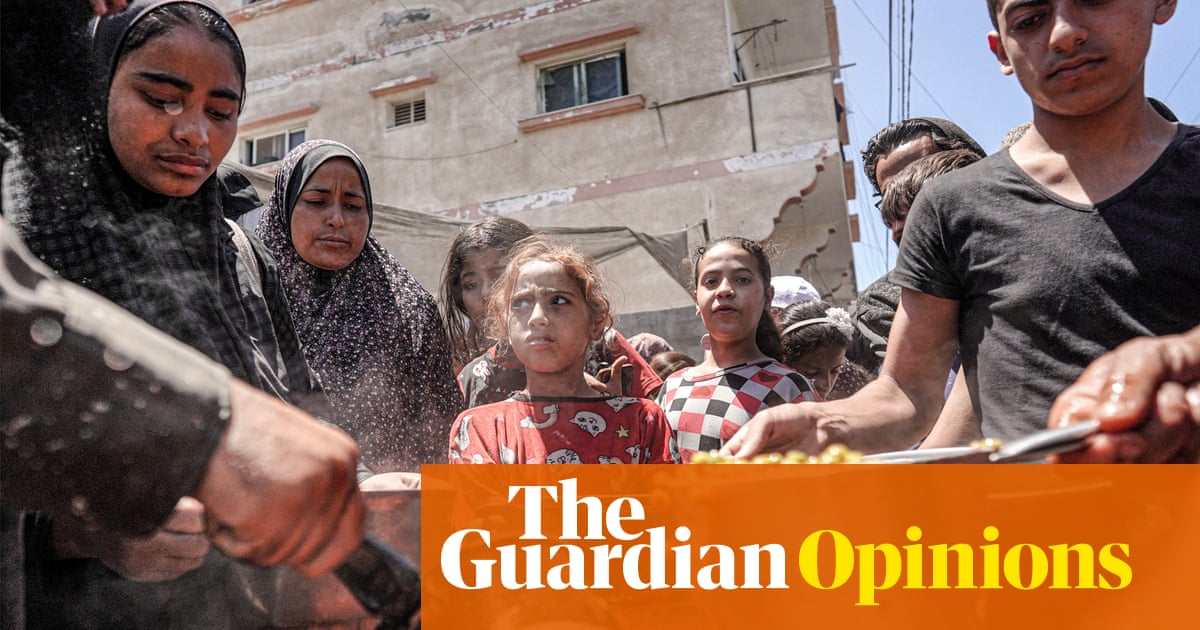
Disbelief, despair and pure, unadulterated anger – that was the mood as Liverpool woke up on Tuesday morning to hear that history had repeated itself. Fifteen years to the day after 11-year-old Rhys Jones was shot dead as he walked home from football practice, another tragically young life had been lost to gun crime on our city’s streets.
Olivia Pratt-Korbel was just nine when she was fatally shot on Monday night by a masked gunman who had barged into the little girl’s home in pursuit of his intended target. Neither Olivia nor her mum, Cheryl, who was also hit, knew the men. The target had forced his way in when Cheryl opened the door after hearing a commotion outside, the gunman following him in, firing indiscriminately.
It’s a chilling thought. It’s the summer holidays, and front doors across Liverpool are open as children play in the street. And it’s so relatable. Who wouldn’t be tempted to open the front door after hearing a noise outside?
As my colleague at the Liverpool Echo, Jenny Kirkham, said, talking to BBC Radio 4’s Woman’s Hour: “Olivia was where she was supposed to be on Monday. She was supposed to be safe. They’re not just bringing this violence to people’s front doors. They’re bringing it in through the front door.”
The sad truth is it was the third gun death in Liverpool in just a week, after the killings of Sam Rimmer and Ashley Dale. Our city was once again a focal point for the UK media for all the wrong reasons. Capturing the mood of Liverpool and reflecting the feelings of our audience is at the heart of the Liverpool Echo, the newspaper I edit, and has been for the 140-plus years we’ve been privileged to serve this city.
And as editor, I knew on this occasion that reporting the facts was never going to be enough. Because hot on the heels of the disbelief and despair came a steely determination that a so-called no-grass culture that pervades parts of this city did not hamper the police investigation and prevent Olivia’s killer being brought to justice. Because, as Chief Constable Serena Kennedy said, Olivia’s death “crosses every single boundary”.
I’d not long joined the Echo when young Rhys was murdered, and the wall of silence that greeted murder squad detectives only prolonged the agony for his devastated family. We couldn’t and shouldn’t let that happen again.
We used the front page of Wednesday’s Liverpool Echo to appeal directly to anyone with information to do the right thing, urging them to shun a senseless criminal code and instead help bring Olivia’s killer to justice. Our headline, “Whose side are you on?”, seemed to strike a chord in the city. It was never inflammatory or divisive. It was a direct appeal.
Liverpool has had its fair share of ups and downs over the years, but its great strength is the solidarity of its people. “Enough is enough” has been a familiar refrain over the past few days and we’re grateful for the politicians, sports stars and local celebrities who joined in our video appeal.
Our city has changed almost beyond recognition since Rhys Jones was shot dead in 2007. The following year’s European Capital of Culture celebrations proved to be a springboard for a city on the up. We’re a popular mini-break destination with a world-famous waterfront, including our beautiful regenerated docks. We have a famous reputation as a warm and friendly city. We’re genuinely kind, funny and generous. And our developing Knowledge Quarter is leading the way in science and technology.
Despite the dreadful events of the past week, gun crime is actually down. Many of the gangs that once dominated our newspaper headlines are largely dismantled, and suburbs once synonymous with crime now rarely trouble our front page. But there’s a long way to go.
And, while this may not be the time for politics, it would be foolish to ignore the impact severe cuts and more than a decade of austerity have had on cities like ours that are already severely challenged by pockets of deprivation.
Speaking to our political editor, Liam Thorp, in Dovecot this week, people highlighted the lack of youth services, clubs and outreach support in their local community. There’s some amazing work being done by charities and voluntary groups. But as layer after layer is withdrawn, and when services aimed at giving young people a choice and keeping them out of trouble are removed, we create a vacuum easily exploited by gangs and a criminal minority.
Many people spoke to our reporters this week of the urgent need to get to the root of the problems that can allow gang culture and criminality to flourish. Proper funding for organisations and services that can make a real difference on the ground would be a good start.
I am proud to live in Liverpool, and the tragic gun deaths of Sam Rimmer, Ashley Dale and Olivia Pratt-Korbel should not define our city. We cannot allow that to happen. But we do need to accept we have a problem – and only by being brave and standing together can we begin to tackle it.
Maria Breslin is editor of the Liverpool Echo












